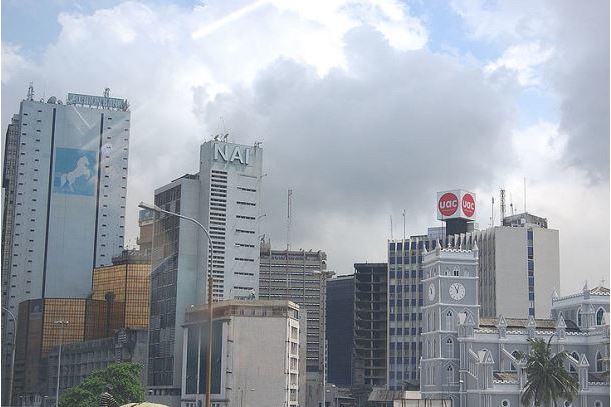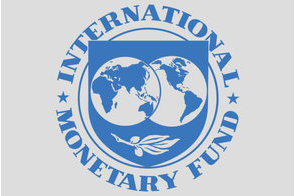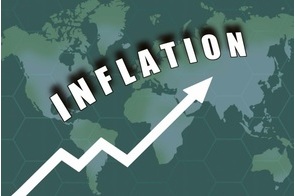Latest News
IMF cuts Nigeria’s 2018 growth forecast to 1.9 percent

News Highlight
The IMF forecasts 2.3 percent growth for Nigeria in 2019.
The International Monetary Fund (IMF) has revised downward Nigeria's economic growth rate for 2018 from an earlier forecast of 2.1 percent to 1.9 percent. According to the latest World Economic Outlook (WEO) released on Tuesday, the largest economy in Africa is projected to grow at 2.3 percent in 2019, buoyed by the impact of recovering oil production and prices.
Nigeria’s Gross Domestic Product (GDP) grew by 1.50 percent year-on-year in the second quarter of 2018, slower than the 1.95 percent recorded in the previous quarter.
The IMF also said developing economies and emerging economies will grow at 4.7 percent in 2018 and 2019, having been revised downward by -0.2 percent and -0.4 percentage points, respectively for this year and next year. The IMF said these negative revisions are more severe for this region.
Sub-Saharan Africa is projected to grow at 3.1 percent and 3.8 percent in 2018 and 2019, respectively. The Deputy Director of the Research Department at IMF, Gian Milesi-Ferretti, said the aggregate growth rate of Africa is being held down by its three largest economies, namely, Nigeria, South Africa and Angola.
Globally, the IMF also downgraded its forecast to 3.7 percent from 3.9 percent reported earlier for global growth. The IMF said this reflects weaker growth in advanced economies, rising trade tensions and higher oil prices.
Maurice Obstfeld, Economic Counsellor and Director of the Research Department at IMF, said the revisions were necessary considering recent developments have made the earlier projections appear overoptimistic.
“Growth has proven to be less balanced than we had hoped,” said Maurice Obstfeld, Economic Counsellor and Director of the Research Department at IMF. “Not only have some downside risks that the last WEO identified been realised, the likelihood of further negative shocks to our growth forecasts has risen.” He said growth in several key economies is being supported by policies that seem unsustainable over the longer-term.
According to the report, advanced economies will grow by 2.4 percent and 2.1 percent in 2018 and 2019, respectively. This is -0.1 percentage point below the forecast made in July.
The IMF also said inflation in Nigeria is projected to fall to 12.4 percent in 2018, from 16.5 percent in 2017, and to rise to 13.5 percent in 2019. This forecast is due to tighter monetary policy and moderation in food price increase.
Speaking at a parley on the sidelines of the annual meetings of the Bretton Woods Institutions in Bali, Indonesia, Milesi-Ferretti said, “The continent could do much better once these economies are on a more solid footing, particularly South Africa and Nigeria, because they are really large and affect a number of countries in their neighbourhood.”
Obstfeld said, “African growth is rising in the nearer term to somewhere around four percent. Unfortunately, that is a rate of growth that is really not sufficient to meet Sustainable Development Goals, to fully employ a rapidly growing population.”
He added that there is a need for very thoroughgoing and ambitious structural reforms in Africa that will raise efficiency and bring people, particularly young people, into the labour force. The IMF economist said in many countries where debt is high, they need to put it on a more sustainable course. He also called for an improvement governance.
Related News
Latest Blogs
- Driving economic growth through green transition in Nigeria
- CBN is fighting inflation instead of stagflation
- Why electricity privatization failed (2)
- How net metering can boost embedded power generation
- Adaora Umeoji and gender in Nigerian banking leadership
Most Popular News
- IFC, partners back Indorama in Nigeria with $1.25 billion for fertiliser export
- CBN increases capital requirements of banks, gives 24 months for compliance
- Univercells signs MoU with FG on biopharmaceutical development in Nigeria
- CBN settles backlog of foreign exchange obligations
- Ali Pate to deliver keynote speech at NDFF 2024 Conference
- Euromonitor forecasts Sub-Saharan Africa GDP to grow to $4.5trn by 2040






